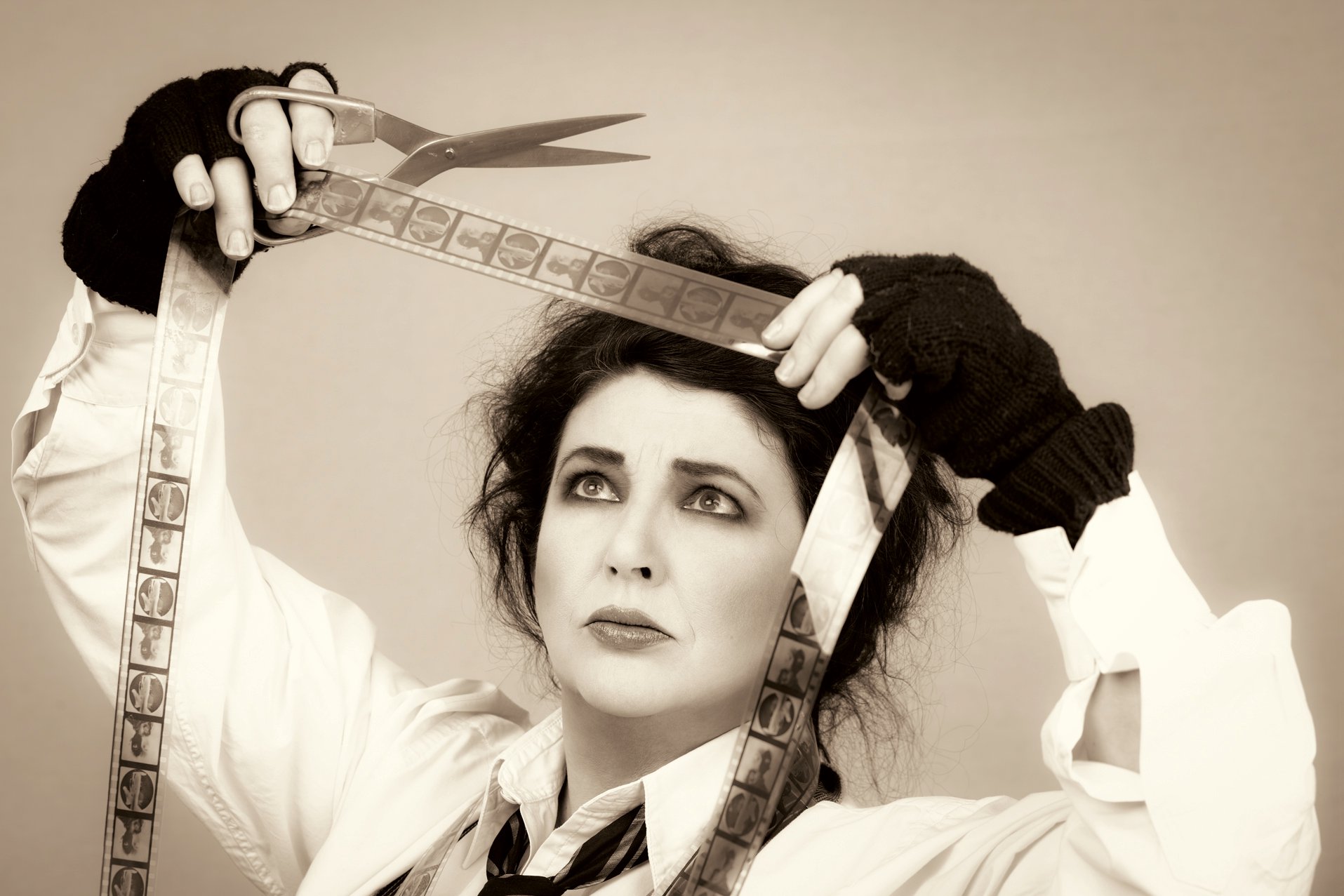Ever wondered how the font size and line order is chosen on the infinitely-parodied, now-iconic Coachella poster? A new New Yorker profile of Coachella founder and head curator Paul Tollett offers a little insight into the process, as well as a larger history of the evolution of his promotions company Goldenvoice, their parent corporation AEG, and outdoor music festivals in general. Whether a given artist is a so-called second or third line act on the festival’s lineup is difficult to gauge in the era of streaming and viral popularity, as Tollett explains, but Instagram followers and social media engagement stats are cited as hard evidence of salability.
Sometimes, though, the Coachella heads’ decision-making process is still totally subjective, such as when choosing whether an act is a fit for the California festival at all. And sometimes, the prevailing logic behind Tollett and his team’s choices only makes only faint sense. As Pitchfork points out, the main example of this process cited in the article is pretty shocking.
In the piece, a booking agent, Marc Geiger of William Morris, recounts a past exchange he had with Tollett about booking the festival: “I’ll say, ‘Kate Bush!’ And he’ll go, ‘No!,’ and we’ll talk through it. I’ll say, ‘She’s never played here, and she just did thirty shows in the U.K. for the first time since the late seventies. You gotta do it! Have to!’ ‘No! No one is going to understand it.’”
Why Kate Bush is any weirder a choice for a high-listed Coachella act than Hans Zimmer performing his score for The Dark Knight is a little tough to comprehend. But Tollett also generally thinks many of the youths who flock to the festival don’t want to hear eccentric indie music anymore because their brain has been comprehensively conditioned against it: “When you take an indie-rock band, five or six members, not everyone is on the E-flat seventh at the same time, so it doesn’t sound perfect…With electronic music, it’s pre-programmed, so it sounds flawless…There’s a generation that’s used to flawless, and when they don’t hear flawless it may suck to them.”
This analysis doesn’t seem to explain why teenagers like the sound of things like Lil Uzi Vert songs but sure, it’s one theory.





